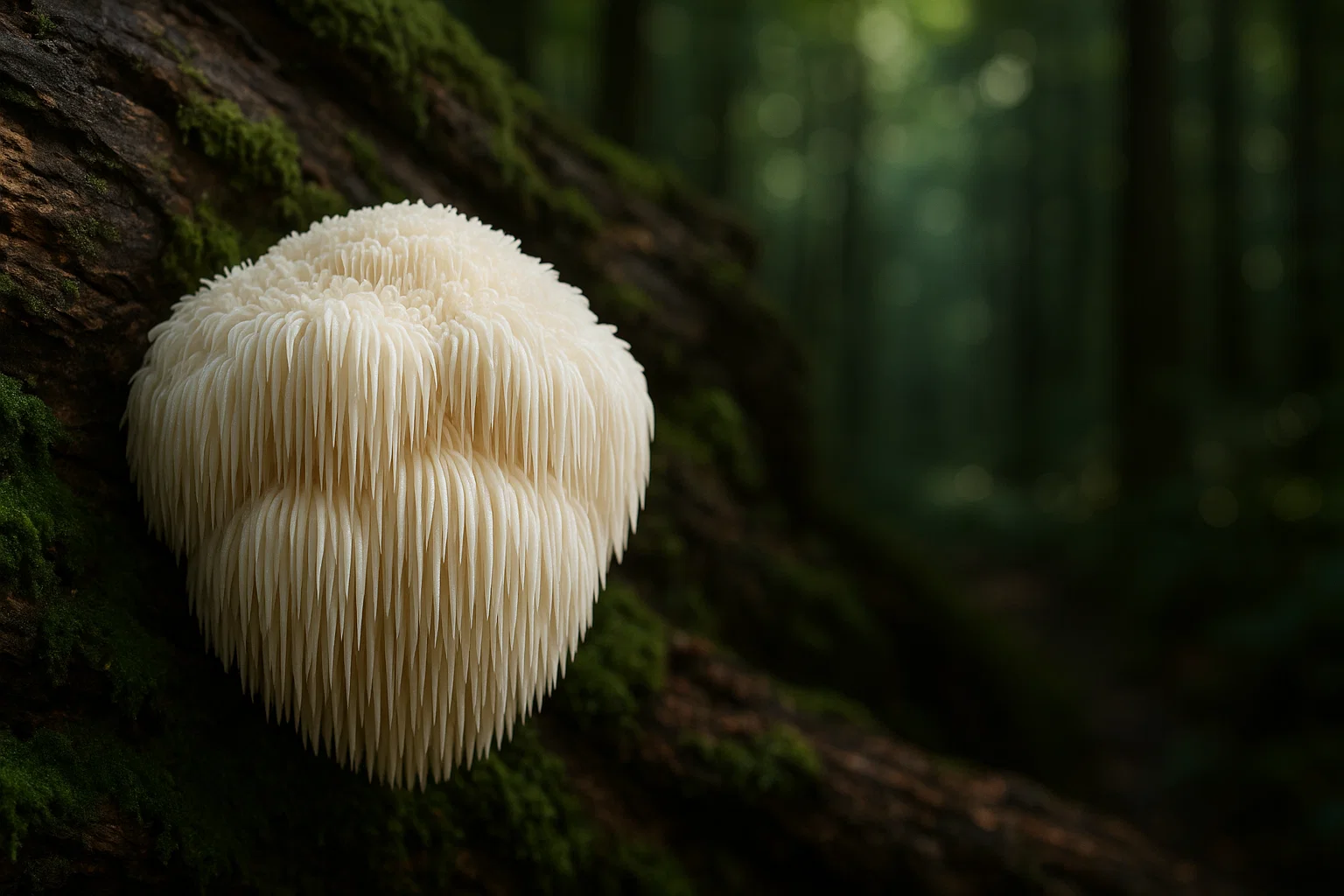Lion's Mane Through the Ages
Discover how Lion's Mane mushroom has been cherished for over 2000 years across Asian cultures and indigenous traditions worldwide.
Comprehensive Historical Timeline
2000+ years of documented use across cultures
First Documentation in Chinese Medicine
Shennong Ben Cao Jing - The Divine Farmer's Materia Medica
Lion's Mane first documented as 猴头菇 (Monkey Head Mushroom) in the earliest Chinese pharmacopoeia. Described as "nourishing the five organs" and "promoting longevity."
Traditional Uses:
- Tonifying "Shen" (spirit/consciousness)
- Supporting Spleen-Stomach system
- Enhancing mental clarity and focus
- Reserved for nobility due to extreme rarity
Buddhist & Taoist Integration
Spiritual Enhancement Practices
Lion's Mane becomes integral to Buddhist meditation and Taoist cultivation practices. Used to enhance spiritual awareness and mental clarity during long retreats.
Spiritual Applications:
- Meditation enhancement for Buddhist monks
- Taoist longevity practices
- Spiritual retreat preparations
- Consciousness expansion techniques
Japanese Yamabushi Tradition
山伏茸 (Yamabushitake) - "Mountain Warrior Mushroom"
Yamabushi mountain ascetics begin using Lion's Mane in their spiritual practices. The mushroom becomes central to Shugendō (mountain asceticism) traditions.
Yamabushi Practices:
- Enhanced spiritual awareness during retreats
- Tea ceremony preparations
- Seasonal harvesting rituals
- Seven-day drying with daily prayers
Li Shizhen's Comprehensive Documentation
本草纲目 (Compendium of Materia Medica)
Li Shizhen documents 16 different preparation methods for Lion's Mane, establishing it as a premier medicinal mushroom in Traditional Chinese Medicine.
Preparation Methods:
- Fresh consumption for immediate effects
- Dried and powdered for long-term storage
- Tea preparations for daily use
- Combined with ginseng and tremella
Western Scientific Discovery
Jean Baptiste François Pierre Bulliard
French mycologist Bulliard first describes Lion's Mane scientifically, naming it Hydnum erinaceus and introducing it to Western science.
Scientific Classification:
- Kingdom: Fungi
- Phylum: Basidiomycota
- Class: Agaricomycetes
- Family: Hericiaceae
- Genus: Hericium
Modern Scientific Validation
Compound Isolation and Clinical Studies
Modern science validates traditional wisdom through compound isolation, clinical trials, and molecular mechanism studies.
Scientific Achievements:
- Hericenones and erinacines isolated
- NGF stimulation mechanism identified
- Clinical trials confirm cognitive benefits
- Global recognition as functional food
Japanese Yamabushi Monks
Spiritual warriors who discovered Lion's Mane's cognitive-enhancing properties
The Yamabushi were ascetic mountain monks in Japan who practiced extreme meditation and physical endurance in remote mountains. During their spiritual retreats, they discovered that consuming wild Lion's Mane mushrooms enhanced their mental clarity and focus during long meditation sessions.
This traditional knowledge was passed down through generations and eventually made its way into modern Japanese herbal medicine, where Lion's Mane is still highly valued for supporting cognitive function and spiritual practice.

Cultural Traditions & Uses
How different cultures have cherished Lion's Mane through the ages
Traditional Chinese Medicine
Five Element Theory
Lion's Mane is classified as an Earth element herb that supports the Spleen-Stomach system and tonifies "Shen" (spirit/consciousness).
Meridian System
Enters the Stomach, Spleen, and Heart meridians, supporting digestive health, mental clarity, and emotional balance.
Classical Formulas
Often combined with Ginseng (Ren Shen) and Tremella (Yin Er) in traditional longevity formulas.
Modern Status
Category 1 approved medicine in China, widely used in hospitals and clinics.
Japanese Yamabushi Tradition
Shugendō Practices
Central to mountain asceticism, used to enhance spiritual awareness and mental clarity during 1000-day retreats.
Seasonal Rituals
Harvested during specific moon phases with purification rituals and seven-day drying process with daily prayers.
Tea Ceremony
Incorporated into traditional tea ceremonies for spiritual preparation and meditation enhancement.
Modern Preservation
Traditional preparation methods preserved in temple practices and natural foraging communities.
Western Scientific Integration
Clinical Research
Double-blind studies validate traditional cognitive enhancement claims with measurable improvements in memory and focus.
Molecular Mechanisms
NGF stimulation and neuroprotection pathways identified, explaining traditional "spirit tonifying" effects.
Modern Applications
Used in integrative medicine for neurodegenerative conditions and cognitive enhancement protocols.
Global Recognition
WHO Traditional Medicine category with scientific validation bridging Eastern and Western medicine.
Experience 2000+ Years of Wisdom
From ancient Chinese emperors to modern wellness enthusiasts, Lion's Mane has stood the test of time. Join thousands who've discovered its benefits for themselves.